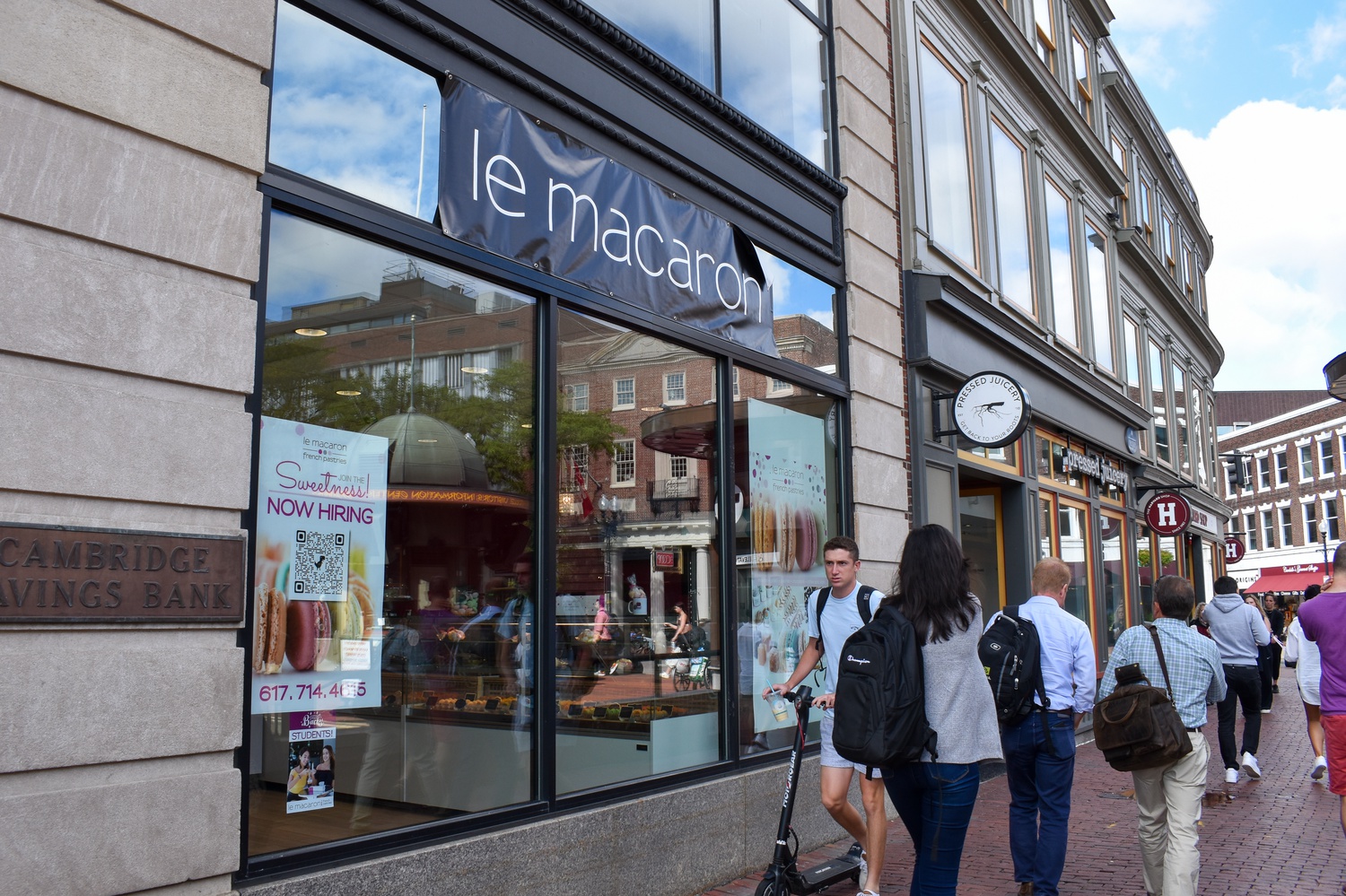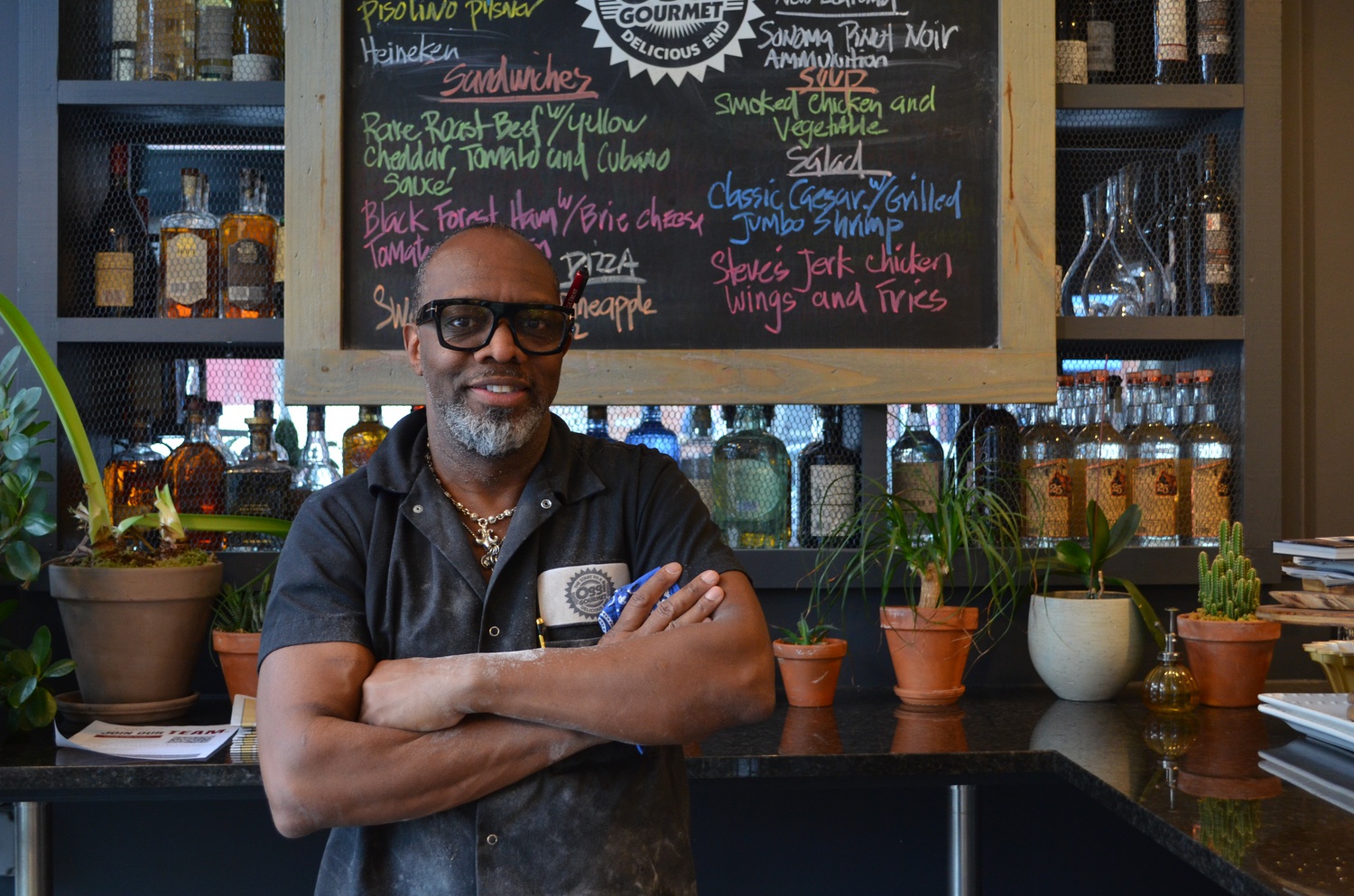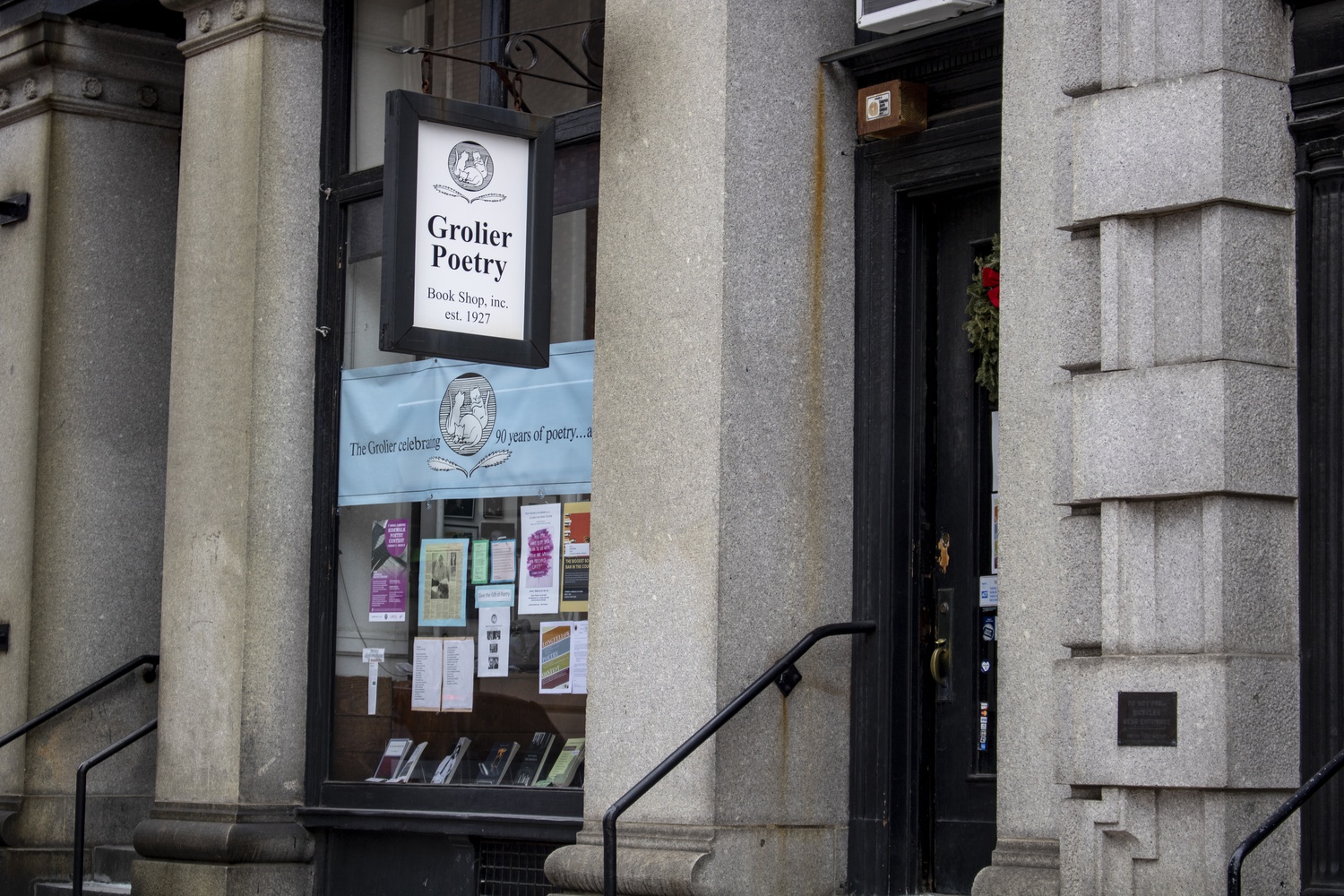Lê’s Vietnamese Restaurant is set to relocate to Boston’s Chinatown due to renovations slated for the Garage Building — a shopping mall located at 36 JFK St. where the restaurant is currently housed.
The precise timing of the restaurant’s move remains unclear and depends on the Garage’s redevelopment, which was approved by the Cambridge Historical Commission in June 2021. El Jefe’s Taqueria and Ben and Jerry’s previously operated within the Garage before moving to different locations in the Square last year.
Trinity Property Management, the company in charge of the Garage’s renovations, will give Lê’s three months’ notice before the restaurant will be required to relocate, according to Lê’s manager Vinh Le.
According to Le, because Trinity Group Management has not given the restaurant an indication of when renovations will begin, the timeline for the restaurant’s relocation is unclear.
“I just know that they’re gonna rebuild and do construction,” Le said.
Many students said they are saddened and surprised to see the Harvard Square favorite depart.
Noah S. Lee ’22-’23 said he “definitely felt devastated” and “very, very surprised” when he learned about Lê’s relocation.
“It’s definitely the best phở on campus,” Lee said. “I think having a Vietnamese restaurant on campus is also just really awesome for the community.”
Lee said Lê’s was one of the first restaurants he tried in Cambridge when he arrived on campus for Visitas, a program for prospective admitted freshmen to experience Harvard.
“A couple of my upperclassmen friends grabbed me by the arm and said, ‘Hey, you have to try Lê’s,’” Lee said. “This is a staple on campus.”
Lucas H. Amory ’24 said he was “shocked and bewildered” by Lê’s relocation, adding that the restaurant holds sentimental value for him and other Harvard students.
“You go to Lê’s for social interaction,” Amory said. “Lê’s is there for you to bond with other people as well.”
“It feels like one part of the soul of Harvard that you kind of expect to be there for you,” Amory added.
Students said a large part of Lê’s charm lies in its convenience and prices.
“The service is really good,” Veronica A. Li ’26 said. “It’s really fast, and the prices aren’t too bad.”
Li added that she believes Lê’s added “some variety amongst all the ramen shops” in the area. In recent years, several ramen restaurants have opened their doors in the Square.
Matthew E. Nekritz ’25, a Crimson Editorial editor, said he finds it “really sad” to see local favorites depart from the Square.
“It’ll be really interesting to see what comes up,” Nekritz said, adding that he believes the restaurant scene is “definitely shifting.”
Even as Lê’s prepares for its move, Griffin H. Wong ’24 said the restaurant will always hold a “special place” in his heart.
“Lê’s is the first place where I really felt like I belonged at Harvard,” said Wong, a former Crimson Sports chair.
“It’s definitely a big loss for the Square,” he added.


